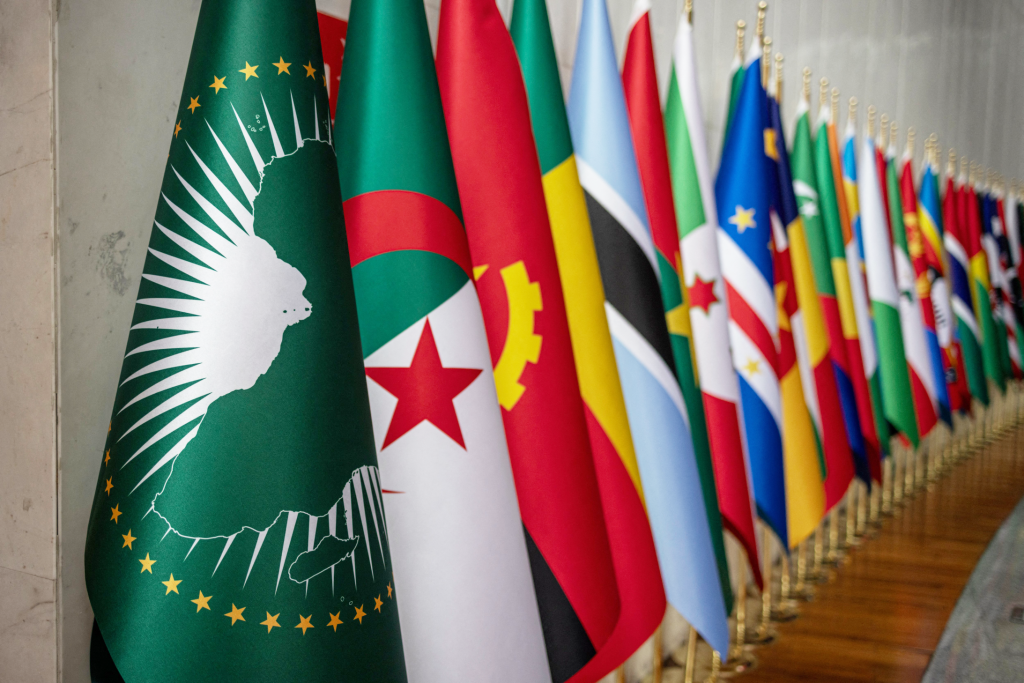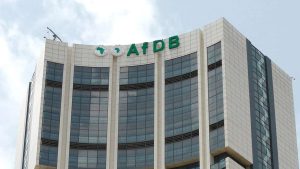Africa’s Future Hinges on Its Regional Banks and Leadership will for larger financing burden

At a time when Africa’s political leaders are being tested by wars, humanitarian crises and the strains of fractured families and communities, a quieter but equally existential challenge looms: how to finance the continent’s future. The answer, according to the conclusions of the Fourth International Conference on Financing for Development (FfD4) in Seville this summer, lies increasingly in Africa itself.
![]()
The challenges are stark and familiar. Africa’s transport and energy gaps continue to choke industrialisation and regional trade. Food insecurity remains widespread despite the continent’s unmatched agricultural potential, and soaring import bills for fuel and basic staples erode foreign reserves. The wars and conflicts that displace families from Sudan to the Sahel deepen these economic pressures, while genocide scars in places like Darfur are reminders that development cannot be divorced from human security.
Yet beneath the turbulence lies an underappreciated truth. Africa already has the institutional tools to build its future. Regional multilateral development banks (MDBs) such as the African Development Bank, Trade and Development Bank Group, African Export-Import Bank-( Afreximbank) and Africa Finance Corporation, possess the credibility and financial ratings to attract capital more cheaply than most African states. But their potential is far from fully tapped. These institutions are more than banks. In many ways, they are symbols of African self-reliance and regional solidarity. While international lenders often impose conditions that fail to account for local realities, Africa’s own banks can tailor financing to developmental priorities, whether rebuilding post-conflict economies, investing in cross-border trade corridors, or stabilising food systems to protect vulnerable families.

Leadership, in this course is the linchpin. Without decisive political backing, the call to scale and expand these banks, risks being drowned out by short-term crises. Wars consume national budgets. Political rivalries weaken trust. Meanwhile, families, which are the most directly affected by economic stagnation and violence, wait for governance that connects peace with prosperity.

The Seville conference made clear that Africa’s pathway to sustainable development requires more than external aid or loans from expensive global markets. It requires a recalibration of responsibility, where African leaders empower their regional banks to shoulder greater financing burdens. Doing so is not just a matter of economics but a moral obligation to prevent wars from breeding famine, to keep families from fracturing under displacement and to affirm the dignity of Africa’s people.

In a century where global power is shifting, Africa has a chance to lead not just through resources, but through strategic vision. Its regional banks can be the engines of that vision, if leaders have the courage to trust and strengthen them.






